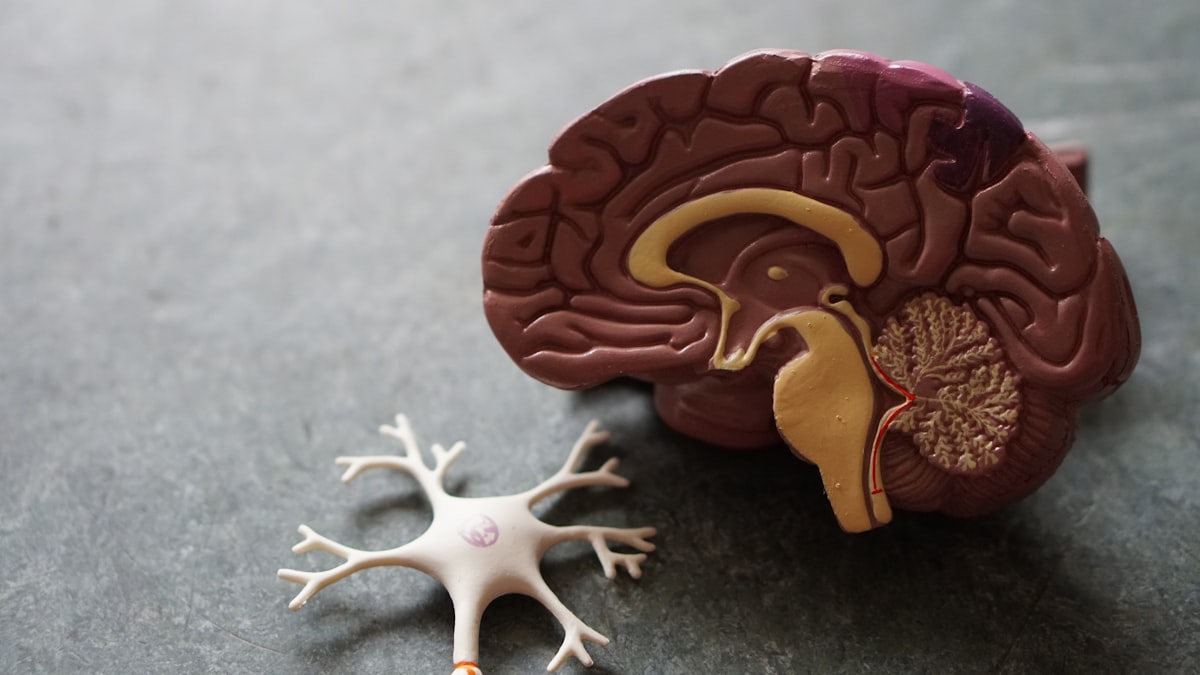Bilingualism and Dementia

Listen Line-by-Line
Vocabulary

Read more

Conversation Practice: At a Hotel
Useful Vocabulary * Reservation: การจอง * Book a room: จองห้องพัก * Check-in: เช็คอิน * Check-out: เช็คเอาท์ * Room: ห้อง * Key card: บัตรกุญแจ * ID / Passport: บัตรประชาชน / หนังสือเดินทาง * Floor: ชั้น * Elevator: ลิฟต์ * Luggage: กระเป๋าเดินทาง * Breakfast: อาหารเช้า * Wake-up call: บริการโทรปลุ

Bella Bakes
A short passage to practice the B sound.

Job Responsibilities
These descriptions can be used for a listening activity. Divide the class into groups and read the descriptions. If the group is able to guess the job. They get a point. Read with Language Reactor * Teacher * Helps students learn new things. * Explains lessons and answers questions. * Gives homework and grades

Conversation Practice: At the Airport
Useful Phrases Checking In * "Where is the check-in counter for [Airline]?" "เคาน์เตอร์เช็คอินของ [สายการบิน] อยู่ที่ไหน?" * "Can I see your passport, please?" "ขอดูหนังสือเดินทางของคุณได้ไหมคะ/ครับ?" (asked by the staff) * "Here
